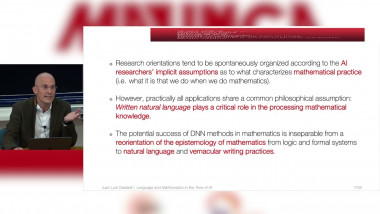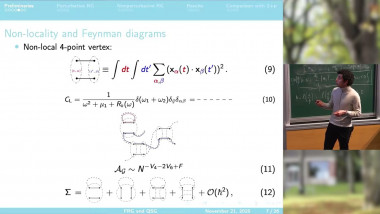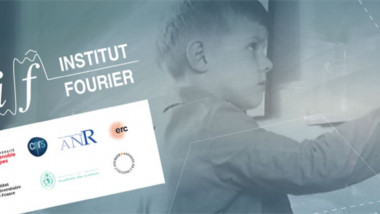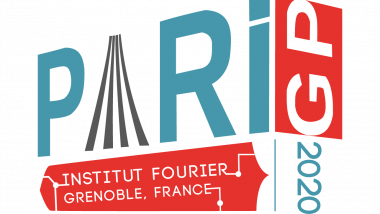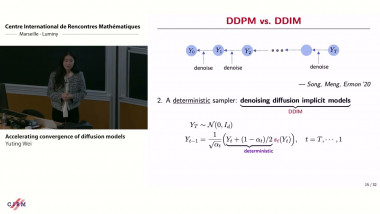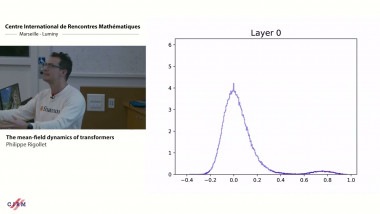Appears in collection : LSC 2022 Webinar Series
What are the origin and routes of evolution of the enormous hierarchical complexity of life that has no precedence in inanimate matter? Arguably, this is the ultimate question of evolutionary biology if not of biology as a whole. Then, to understand the origin of life with its complexity, a more general, envelope theory is required, perhaps, one that amounts to new physics. I argue that such a theory can be developed at the nexus between evolutionary biology, theory of learning, and non-equilibrium thermodynamics. The key concept for explaining the emergence and evolution of complexity is multilevel learning. I will formulate 7 fundamental principles of evolution that appear to be necessary and sufficient to render a universe observable and show that they entail the major features of biological evolution, including replication of genetic material and natural selection. It is shown that these cornerstone phenomena of biology emerge from the fundamental features of learning dynamics, such as the existence of a loss function, which is minimized during learning. I will then sketch the general theory of evolution using the mathematical framework of neural networks, which provides for a detailed description of evolutionary phenomena. To demonstrate the potential of the proposed theoretical framework, I will demonstrate how a generalized version of the Central Dogma of molecular biology can be derived by analyzing the flow of information during learning (back propagation) and predicting (forward propagation) the environment by evolving organisms. I then outline a phenomenological theory of evolution and origin of life by combining the formalism of classical thermodynamics with a statistical description of learning. Within this thermodynamics framework, major transitions in evolution, such as the transition from an ensemble of molecules to an ensemble of organisms, that is, the origin of life, can be modeled as a special case of bona fide physical phase transitions that are associated with the emergence of a new type of grand canonical ensemble and the corresponding new level of description. Driving from these theoretical principles, I will finally outline a model of the origin of life in specific biological terms.
